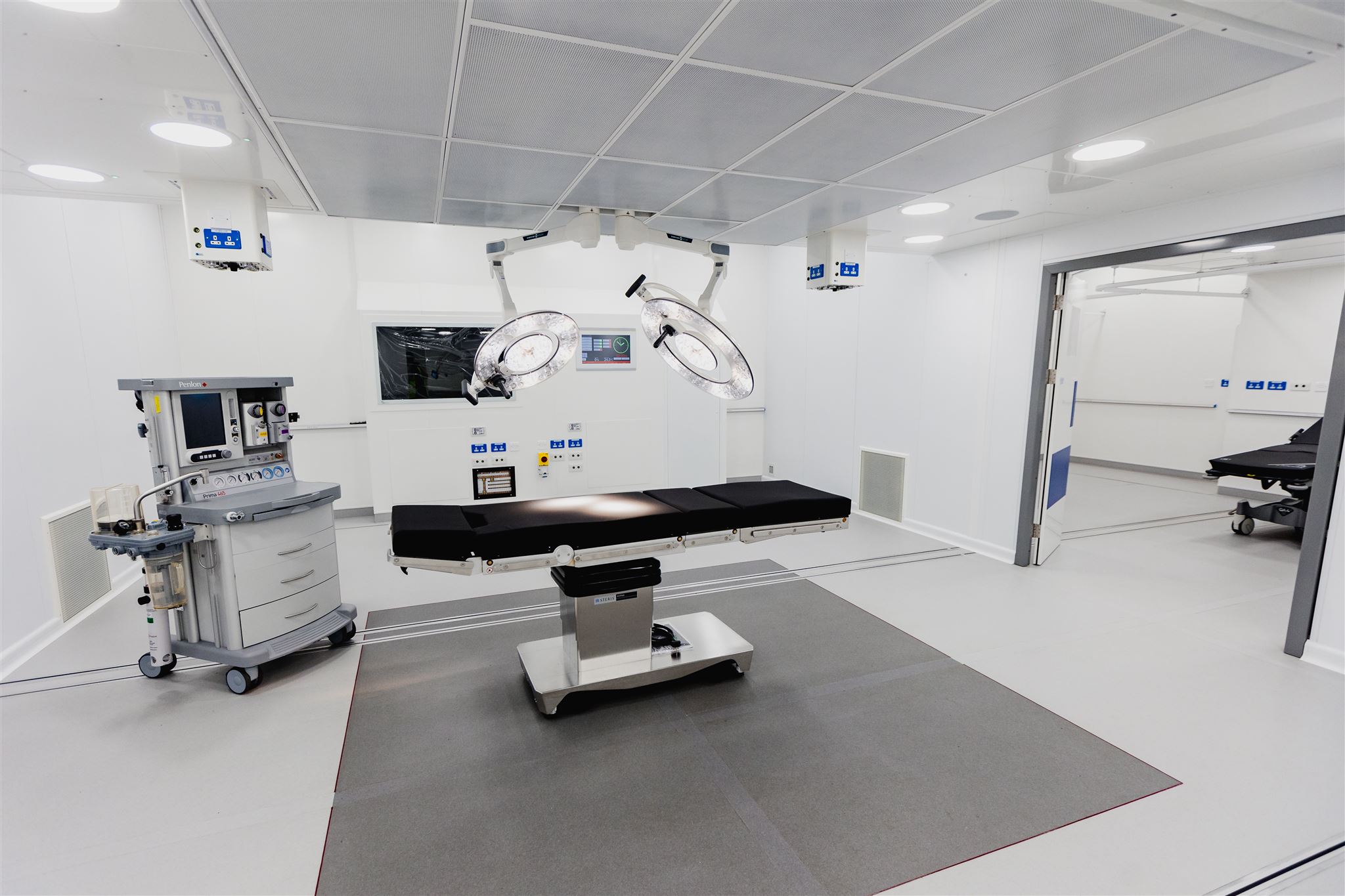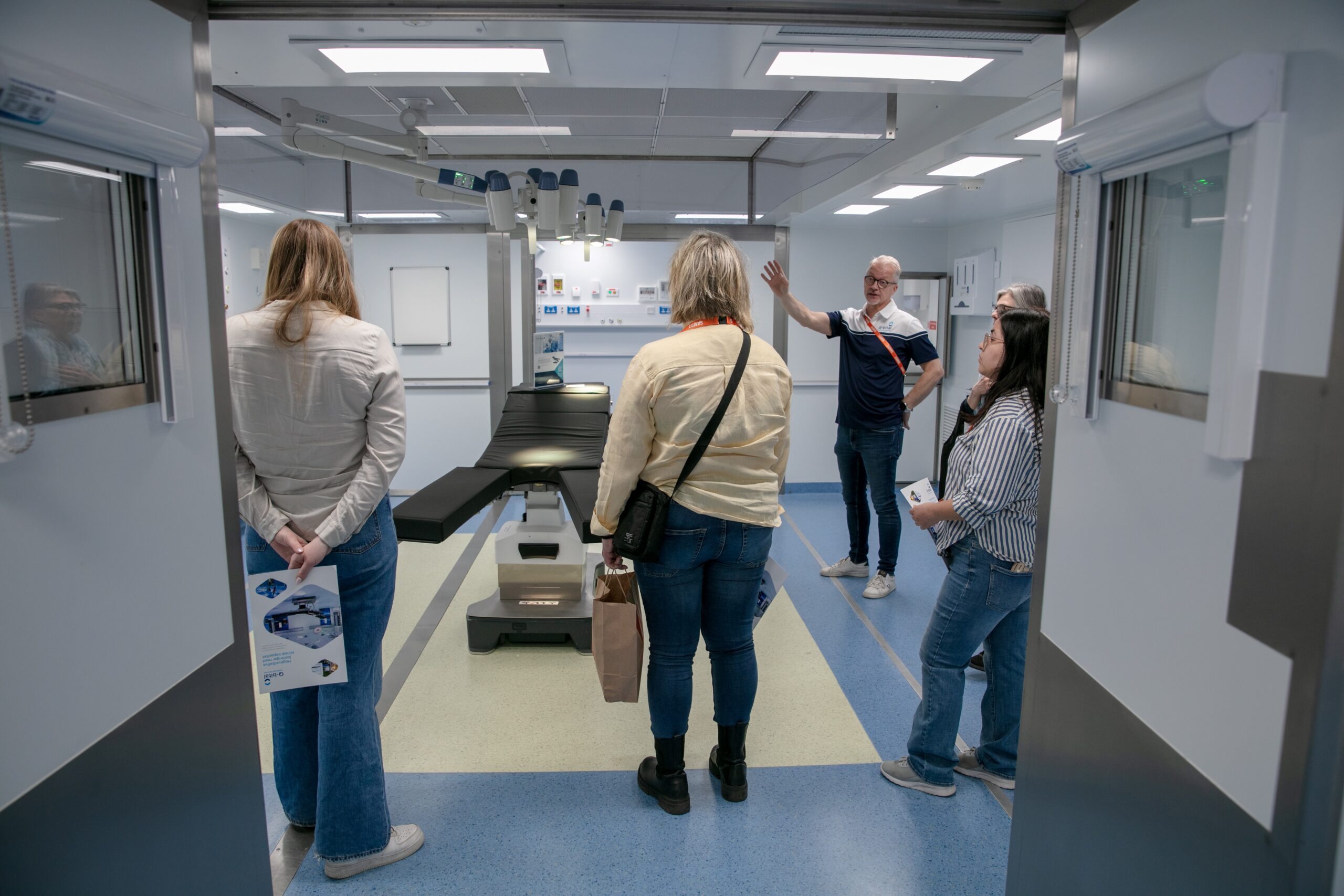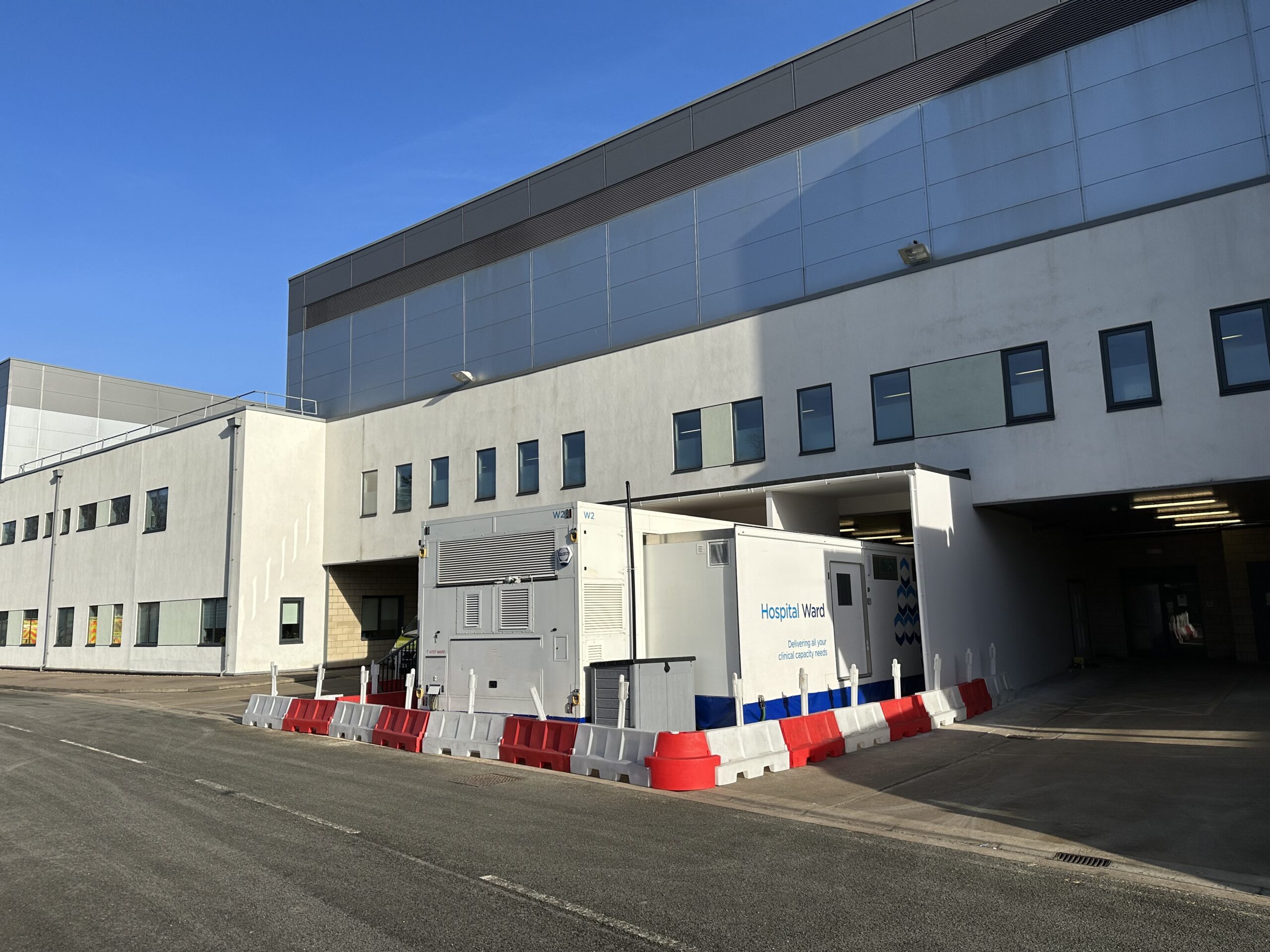As the coronavirus continues to spread and the number of confirmed cases is increasing, the pressure on Accident & Emergency (A&E) departments globally is growing - at a time when many countries face unprecedented levels of healthcare demand caused by budget cuts and an increasingly ageing population.
In the UK, delays have risen sharply this winter. Analysis of NHS İngiltere data on waiting times by the BBC shows that one in five patients waited over four hours to be seen after arriving at an A&E unit in the months of December 2019 and January 2020, while around 25% of those admitted to hospital after being seen in A&E – trolley waits – faced delays of more than four hours before a bed could be found over the same time period.
A&E departments across other parts of the world are facing similar delays, and the coronavirus outbreak is unlikely to improve the situation. While additional money is being invested to alleviate pressures and allow for the additional influx of patients with potential coronavirus and cut waiting times, putting extra resources in place is likely to take time. Mobile and modular healthcare units can be deployed rapidly and provide a cost-effective way of adding temporary capacity at times when it’s needed the most, allowing hospitals to reduce waiting times and avoid trolley waits.
Read the related BBC article (link:
https://www.bbc.co.uk/news/health-51565492
)




Q-bital Healthcare Solutions
Birim 1144 Regent Mahkemesi, Meydan, Gloucester İş Parkı, Gloucester, GL3 4AD
